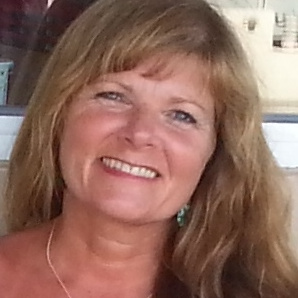Sitater
Klikk på en bok for å legge inn et sitat.
Viser 381 til 400 av 725 sitater
"Lord, how the day passes! It's like a life - so quickly when we don't watch it and so slowly when we do"
The greatest terror a child can have is that he is not loved, and rejection is the hell he fears. I think everyone in the world to a large or small extent has felt rejection. And with rejection comes anger, and with anger some kind of crime in revenge for the rejection, and with that crime guilt - and there is the story of mankind. I think that if rejection could be amputated, the human would not be what he is.
They looked for a victim - someone to hurt because they were hurt.
She did not like death but she knew it existed, and when it came it did not surprise her.
Samuel may have thought and played and philosophized about death, but he did not really belive in it. His world did not have death as a member. He, and all around him, was immortal. When real death came it was an outrage, a denial of the immortality he deeply felt, and the one crack in his wall caused the whole structure to crash.
"Do you take pride in your hurt?" Samuel asked. "Does it make you seem large and tragic?"
"I don't know."
"Well, think about it. Maybe your playing a part on a great stage with only yourself as audience."
She felt the longing and the itching burn in her chest that is the beginning of love
Some children want to be babies and some want to be adults. Few are content with their age.
Her body shook with something that felt like rage and also felt like sorrow.
Once a boy has suffered rejection, he will find rejection even where it does not exist - or, worse, will draw it forth from people simply by expecting it.
No one who is young is ever going to be old.
Og jeg som trodde vi var unntaket, at vi var det store unntaket, at du var min eneste ene, og jeg din eneste ene, og at katastrofen som rammer alle andre, den mest pinlige av alle katastrofer, den mest ydmykende og banale, den vi hever oss over og ler litt av når den rammer andre (løgnen, utroskapet, oppgjøret, forsoningen og den nye løgnen i evig gjentakelse) - ikke skulle ramme oss.
I suppose we are all the products of our parent's joy and suffering.
It's odd the way life works, the way it mutates and wanders, the way one thing becomes another.
Every story we tell about ourselves can only be told in the past tense. It winds backward from where we now stand, no longer the actors in the story but its spectators who have chosen to speak.
I knew what I was seeing: dry grief, grief grown old and familiar. It enters your bones and lives there, because it has no use for flesh, and after a while you feel that you're all bone, hard and dessicated, like a skeleton in a classroom.
People imagine that hope has degrees, but I think not. There is hope and there is no hope.
[...] a Scandinavian trait inherited from a long line of people who had believed in suffering alone.
Being alive is inexplicable, I thought. Consciousness itself is inexplicable. There is nothing ordinary in the world.
We manufacture stories, after all, from the fleeting sensory material that bombards us at every instant, a fragmented series of pictures, conversations, odors, and the touch of things and people. We delete most of it to live with some semblance of order, and the reshuffling of memory goes on until we die.
My mother and I choked on his silence, but we never interrupted it by speaking.









































